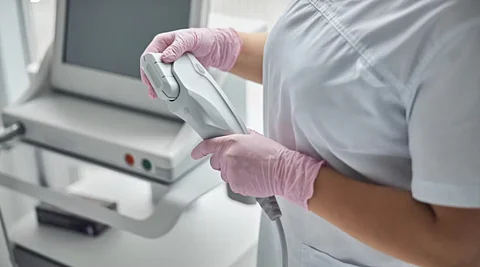The importance of treating NAFLD is further accentuated by the current healthcare crisis faced by the state. According to recent reports, 375 patients in Kerala are awaiting kidney transplants. Among them, a notable percentage require transplants due to complications from metabolic syndromes, particularly in the form of end-stage liver disease.
Kerala’s health department plans to integrate fatty liver screening into routine lifestyle disease clinics, which currently treat conditions such as diabetes, hypertension, and obesity. This combined service will allow for the early identification of NAFLD in high-risk patients. In the near future, similar centers are planned for district hospitals in Thiruvananthapuram and Ernakulam, thereby expanding this vital healthcare service.
The pathogenesis of NAFLD is multifactorial, with metabolic syndrome, type 2 diabetes, and dyslipidemia being major risk factors. The progression to more advanced liver diseases highlights the importance of early diagnosis and intervention. Early lifestyle modifications, such as a healthy diet and regular physical exercise, have been found to halt or even reverse disease progression. Dr. Jeemon Panniyammakal, assistant professor at Achutha Menon Centre for Health Science Studies, emphasized that even familial genetic tendencies toward fatty liver can be mitigated through early lifestyle modifications.
Through early detection, holistic management, and public awareness, the state aims to curb the progression of this potentially debilitating disease, protecting the health and well-being of its citizens.
References
"Prevalence of Non-Alcoholic Fatty Liver Disease (NAFLD) Among Adults in Urban Goa." National Medical Journal of India. Available at: https://nmji.in/prevalence-of-non-alcoholic-fatty-liver-disease-nafld-among-adults-in-urban-goa/
"Prevalence of Non-Alcoholic Fatty Liver Disease in Indian Urban Population." Indian Journal of Community Medicine. Available at: https://journals.lww.com/ijcm/fulltext/2023/48040/prevalence_of_non_alcoholic_fatty_liver_disease_in.17.aspx
(Input from various sources)
(Rehash/Pragati Sakhuja/MSM)


